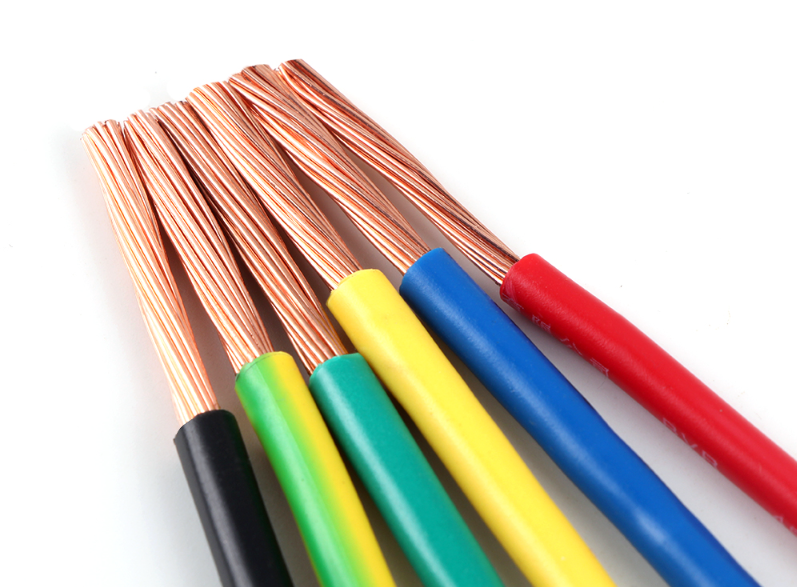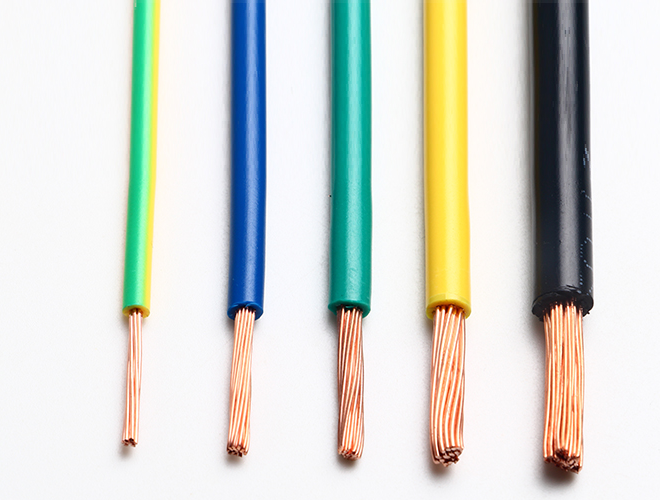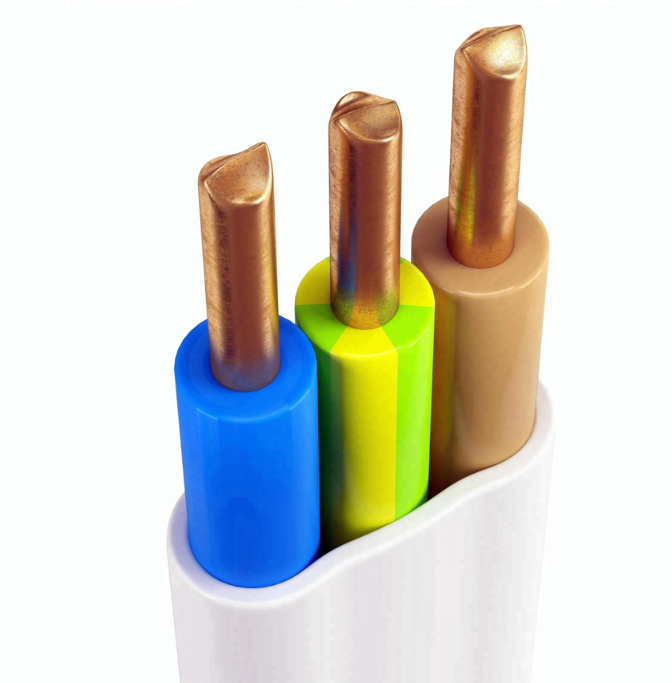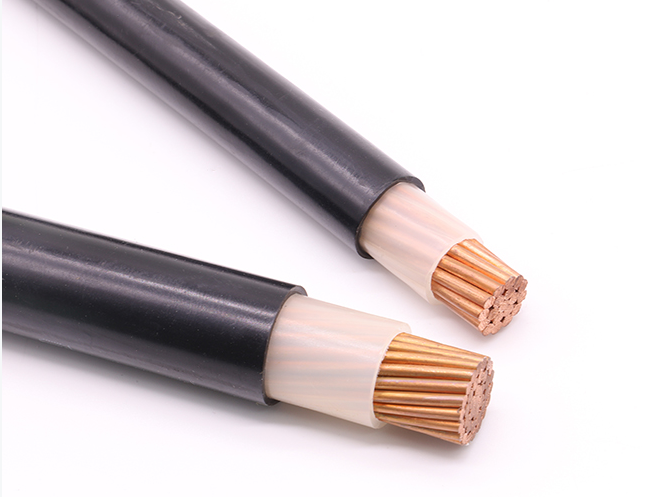
How can the wire be installed to use longer, you need to understand the benefits of wire wiring?
2022-08-03 17:32What is House wiring?
House Wiring is the process of passing wires, a series of wires, or electrical harnesses through the environment to reach the desired connection area. So when you run a wire through a wall, that's wiring. When you run wires through walls, ceilings, or other surfaces, this is also wiring. The problem with wiring is that it becomes easier when you use the proper equipment and materials. Just laying wires on the floor or under the table won't cut it. Let's look at why it's so important to use wiring materials.

Everyone says wiring is important. What's it good for?
To protect your wires, and thus your electrical system, you need to think carefully about where those wires are and how they operate. Even in a ship's hull, the wires need protection. People tend to forget that the Marine environment is constantly vibrating and moving. Over time, this can damage the insulation of the wires and ultimately their conductors. The most basic wiring materials provide a degree of shock and wear protection. What's more, depending on the style you choose, they can provide protection against cutting, rubbing, gasoline, heat, salt, and even UV radiation. Think about that. Using wiring material is equivalent to adding armor to your wire or harness.
Another benefit of using these types of materials is that they actually improve the visual quality of the wires. Think of how clean, organized, and beautiful the wire looks when it is closed with a split-piece catheter. This helps beautify the engine compartment, engine bay, or almost any other area. Speaking of which, let's talk about where you want to use the wiring material.
Where would you use it?
You can use wiring materials in almost any environment. They provide a level of protection that cannot be ignored, and wires should only be used to extend the life of an electrical system. They are ideally suited for use in harsh environments, such as Marine environments or industrial environments that require an extra layer of protection. As I said above, the wiring material is essentially the armor of the wire. I think a better question is why don't you use them?
What types of wiring products are available?
For all the reasons we mentioned above, wiring materials are very useful in dangerous environments. By using wiring materials, you can ensure that your equipment remains fully functional and well protected. In areas of concern for heat or exposure, wiring materials are preferred.
There are four main types of wiring methods available. Each provides benefits in a given environment and will outperform the others in a particular application. That's why it's so important to know where and how you plan to wire. The main types of wiring materials include split-type conduits, spiral wound, wound braided tubing and expandable cannulas. Below we'll take a closer look at each type and the advantages they offer.
Split type catheter
Split catheters are an excellent choice as general purpose wire and cable protectors. It provides protection from impact and wear, while reducing damage to the insulation layer of the wire. Some of the main advantages of split catheters are their economical pricing and ease of installation. Use it by simply working around the wire to split the catheter. It connects the wires a little tight, providing the high level of protection we discussed above. This makes it ideal for wiring harnesses. Don't forget that split catheters also create a premium, professional look in wiring and wiring harnesses.

Spiral wound
Spiral winding is ideal for handling hydraulic or pneumatic tubes. Why is it ideal? The twist is to prevent kinks. This precaution is therefore crucial when you are dealing with materials such as pipes. Now, to be clear, spiral winding is ideal for use with wires and cables because it prevents wear and impact. To use it, simply wind the pipe, wire, or cable to be protected. Yes, it's really easy. As you wrap your material, use tight or loose loops depending on whether you want rigidity or flexibility during your run. Yes, it's really easy.
Wound braided pipe
When you are concerned about ease of installation, wound braided pipe is the best choice. There is no need to choose the right diameter of the material, but rather one size fits all. All you need to do is unroll the pipe over the wire or cable you intend to protect and wrap the pipe around it. This eliminates the need for additional fasteners such as cable ties. One aspect that makes winding braided tubes a reliable option is their level of flexibility. It is more flexible than a type catheter, spiral wound or expandable casing.

Extendable casing
Expandable casing is an excellent choice for electronic and high-tech applications. It is flame retardant and durable in harsh conditions. It is ideal when flame spread is a major concern. To use it, all you need to do is push the ends of the sleeves toward each other. This action causes the diameter of the casing to expand. As it unfolds, you simply slide it over the wire you want to protect. Once secured in place, simply pull the ends apart to reduce the diameter and create a tight fit.

How to choose the right type of wiring product?
Choosing the right type of wiring material really depends on three factors: the environment it will live in, the level of protection required, and the degree of flexibility required for your job. By looking at the above section, you should get a good idea of which type is best for your wire.
Ok, so that's about "How do you install wires to last longer, do you need to know more about wiring?" The introduction, hope to help you! It is recommended to continue to pay attention to Ruiyang Cable for more information about wire.
